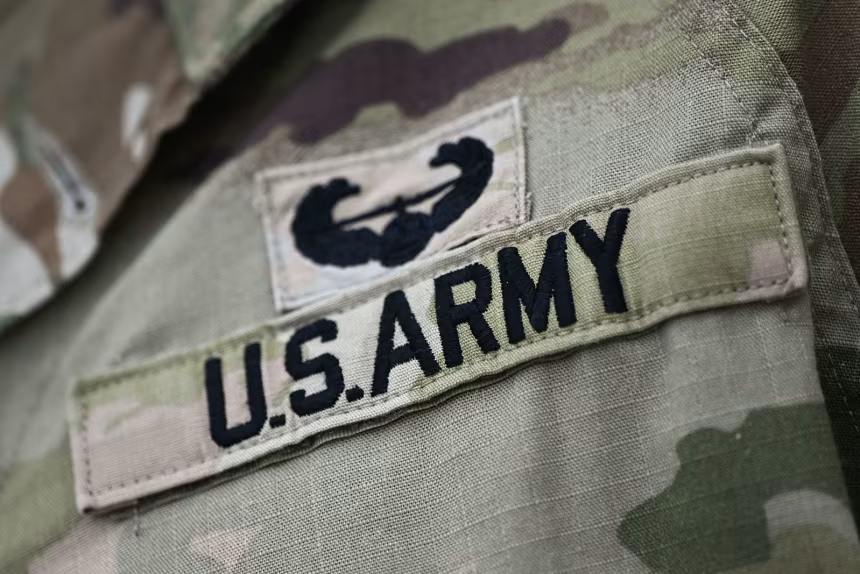A nonprofit organization has donated approximately $1 million to the U.S. Army to cover travel, lodging, and related costs for senior military leaders attending a major defense conference in Washington, D.C., despite an ongoing federal government shutdown.
The donation ensures top brass will still be present at the annual AUSA (Association of the United States Army) conference, even as many lower-rank troops face delayed paychecks or restrictions on movement. While organizers argue the money protects mission continuity and networking opportunities, critics say the optics are terrible: funding privileged travel for generals while enlisted personnel endure financial uncertainty.
The issue raises deeper questions about fairness and priorities during a shutdown. Typically nonessential operations are suspended and many government functions pause until funding is restored. But in this case, nonfederal funds are being used to maintain high-level access and representation.
Supporters of the move contend the military must not cede strategic or diplomatic ground at key events—even in a funding lapse. They claim that senior leaders play vital roles in shaping policy, procurement, and alliances, and their absence would send the wrong message.
Yet opponents counter that this is a stark example of unequal treatment. While rank-and-file members may sit idle and unpaid, generals attend seminars and dinners funded by outside money. It feels like two tiers of service: one protected, one exposed.
In the coming days this donation may spark debate in Congress, among military families, and across media circles. Will this kind of workaround become a precedent in future shutdowns? Or will it be viewed as a one-off exception under extraordinary pressure?


